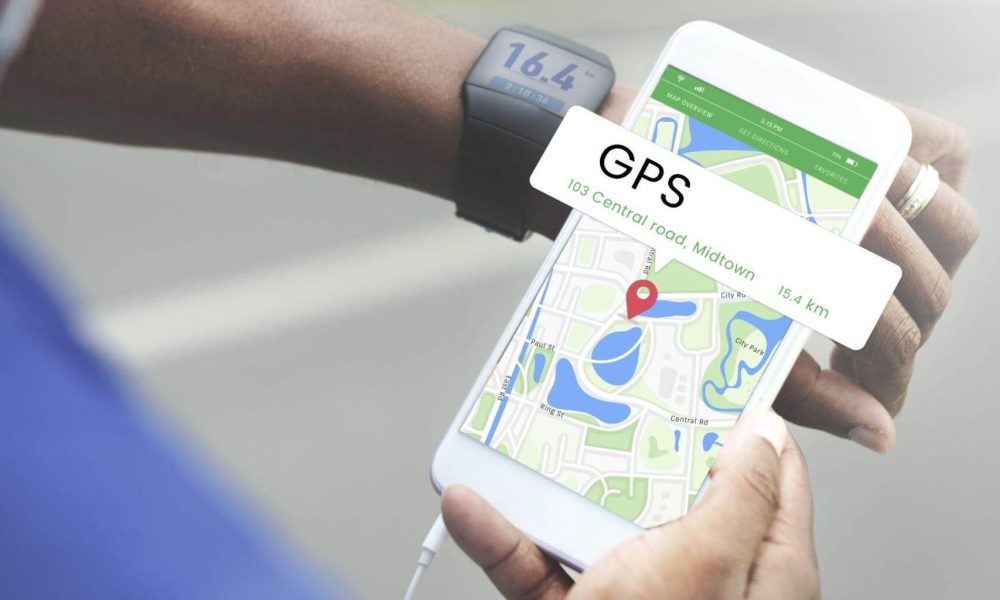
In this fast-paced digital era, staying mindful of how your location data can be exploited is more crucial than ever. Scammers, armed with their crafty tactics, are now capitalizing on location tracking to target unsuspecting victims.
Almost everyone shares their location data with one or more apps and services. By sharing our location with these service providers, we receive personalized recommendations, improving our online experiences. However, when this data – your digital footprint – falls into the wrong hands, things don’t usually end up well.
But here’s the good thing: With a bit of caution and awareness, you can easily identify geolocation scams and keep yourself (and your loved ones) safe. So, without further ado, let’s talk about how scammers can track your location and what you can do to stay one step ahead of malicious actors.
Geolocation Data Matters a Lot
Geolocation data is the fuel behind the remarkable online experiences we have become used to; it’s the powerhouse that enables apps and services to deliver personalized content, such as ads, news, video, and even product recommendations.
As with any powerful technology, there’s always a flipside! Scammers have realized the untapped potential of geolocation data, turning it into an unending stream of insights about our daily lives and preferences.
Already armed with a lot of personal information about their targets, these scammers concoct highly-targeted messages that can easily pass off as genuine and trustworthy.
There has been a surge in geolocation scams over the past couple of years, and it isn’t showing signs of slowing down anytime soon. Hence, we must stay more vigilant than ever regarding our location data, especially in terms of what we share and who we share it with.
The Ugly Truth About Scammers Tracking Your Location
Can scammers track your location?
Long story short – anyone with the right tools and skills can track your whereabouts and even keep tabs on your online activities.
One of the most common techniques is clickbait. Scammers send you messages impersonating someone you know.
You overlook the finer details, click on the message (or on a link within the message), and some kind of spyware gets automatically installed on your device. That’s all it takes – the scammer now has access to your details – phone calls, emails, WhatsApp chats, browsing details, and whatever else you have on your device.
Besides clickbait, scammers also use your IP address to track your location. Some scammers exploit your phone’s GPS and website cookies to track browsing activity, location, and everyday movements.
But worry not; there are several security measures that you can easily implement to ensure that you don’t fall prey to such traps.
Shield Your Digital Life: Tips to Outsmart Scammers
Geolocation data is important for apps and services to deliver their best, so there’s no question of not sharing our location data. Thankfully, there are several tried-and-tested methods to safeguard our privacy and confidential data.
Here are a few things you can do to protect yourself from location tracking by scammers:
Start Using a VPN
A Virtual Private Network (VPN) adds an extra security layer to your digital footprint. It allows you to encrypt your web activities and hide your IP address, making it rather complicated for scammers to track you.
Delete Cookies Regularly
Don’t let cookies leave crumbs behind! Regularly deleting cookies helps wipe out any location data that scammers may have stored on your computer. It’s a small yet effective step in maintaining your privacy and preventing unwarranted tracking.
Turn Off Your Phone’s GPS
Why leave your GPS on when you’re not actively using location-based services? Turning off your phone’s GPS prevents scammers from tracking your every move. Embrace the power of control and decide when to reveal your location.
Utilize Reverse Address Lookup
Leverage the invaluable power of a reverse address search engine to verify the identity and legitimacy of individuals or businesses associated with a given address. This potent tool can help you detect potential phishing attempts and protect your privacy, turning the tables on scammers.
Stay Informed to Stay Ahead of Scammers
Scammers tracking their potential victim’s location is common in today’s digital ecosystem. You can’t hide from it forever, but you can stay prepared for when they come for your data.
Keep your device’s software updated and follow the best practices for internet safety. Harness the power of reverse address lookup tools to validate seemingly shady individuals and entities approaching you via emails and messages.
Above all, stay vigilant and think twice before divulging confidential information on a random website or application.
Disclosure: If we like a product or service, we might refer them to our readers via an affiliate link, which means we may receive a referral commission from the sale if you buy the product that we recommended, read more about that in our affiliate disclosure.
Read More: World News | Entertainment News | Celeb News
Tech Follows






